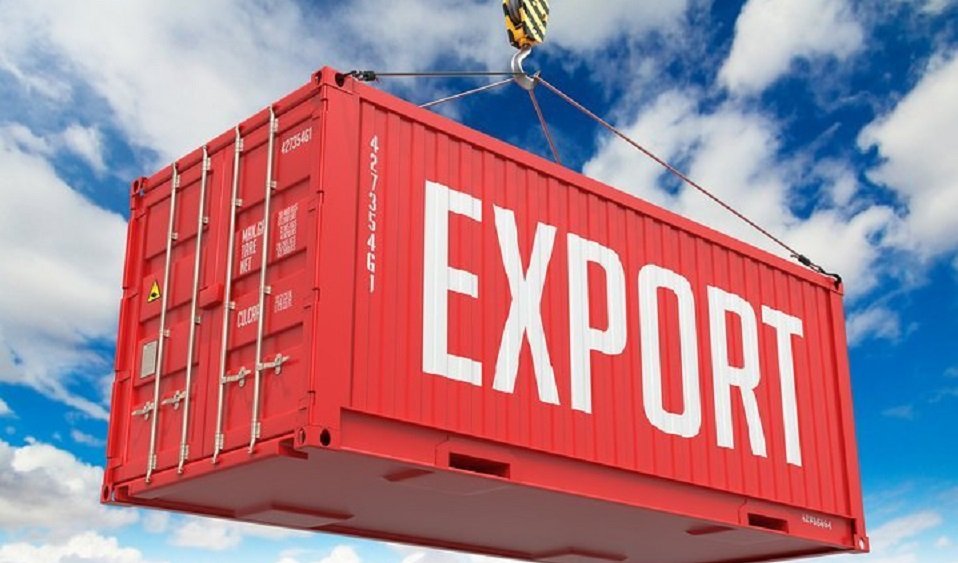BSS: Bangladesh has an additional export potential of $20 billion in the EU and UK and it would rise further as China was losing its share in the global market.
“It is possible to increase its export by $20 billion in the EU and UK with the existing capacity of Bangladesh through improving efficiency,” said Research and Policy Integration for Development (RAPID) Chairman Dr Mohammad Abdur Razzaque said.
According to a study conducted by RAPID, Bangladesh’s export potentials worth $20 billion remained untapped in the European Union and United Kingdom markets due to lack of productivity, diversification and adoption of technology, according to a research conducted by Research and Policy Integration for Development (RAPID).
The study showed that EU and UK account for 45 per cent of the global apparel market with more than $200 billion yearly import.
Bangladesh’s total exports to the markets in the fiscal year 2021-22 were $28 billion with a 32 per cent growth.
Out of 28 billion, earnings from readymade garment products were nearly $26 billion.
Mohammad Abdur Razzaque, chairman of RAPID, in his research paper said that Bangladesh realized less than 60 per cent export potentials while apparel export potential worth $18 billion remained unutilized.
He stressed for increasing competitiveness, decreasing cost of doing business and improving logistics including port facility to utilize the export potentials in the EU and UK markets.
Amid the rising tension between the west and China Bangladesh had captured most of the declining share of China in the EU market, the study said.
It also said that Bangladesh could further take advantage of the declining Chinese share as China is moving away from low value added apparels to more sophisticated items.
In 2030, the size of the global apparel market would be $1,100 billion and if Bangladesh could increase its share to 10 per cent in the global market, the export would be $110 billion, BGMEA president said recently.
RAPID study showed that the apparel export target of $100 billion by 2030 set by BGMEA is achievable but some of the challenges including inefficiency in port, complex customs procedures, and lack of technology upgrade should be addressed.
RAPID estimated that out of targeted $100 billion by 2030, more or less $90 billion will come from two major markets EU and the US and it will require 11.45 per cent export growth annually.
It showed that the EU market size of apparel would be more than $260 billion in 2030 and Bangladesh’s export would have to increase to $65 billion from existing $28 billion with an annual 11 per cent growth rate.
Razzaque said that it would not be difficult to achieve the target in the EU and UK markets as Bangladesh would get duty free market access in the EU till 2029 and the UK announced a new GSP scheme – Developing Countries Trading Scheme– would also provide the same facility.
In the US market, Bangladesh’s apparel exports would have to increase to $25 billion with a 15 per cent annual growth to meet the export target of 100 billion by 2010, RAPID estimated.
It showed that Bangladesh exported $10.4 billion to the US in FY 2021-22 and of which earnings from apparel were more than $9 billion.
Data showed that China witnessed high growth in the US market in 2021 but it could not reach pre-pandemic volume.
Study showed that Bangladesh and Vietnam were capturing the share lost by China in the US.
RAPID chairman said that Bangladesh would have to take the post-graduation challenge into consideration to increase its exports beyond the EU and the US.
Razzaque said that after graduation from least developed country to developing one Bangladesh would not get duty benefit in exports.
Razzaque said that imposition of duty might also affect India and Japan markets.
He said that the Bangladesh apparel sector has been adopting technology and a big portion of the $100 billion export target would come from automation.
Razzaque also said that encouraging foreign direct investment in backward linkage, investment in non-cotton fabric and diversification within the RMG sector could help Bangladesh to grab more China share in the global market.
With the increasing export volume, it would be mandatory for Bangladesh to ensure labour standard and environmental social governance, he added.

